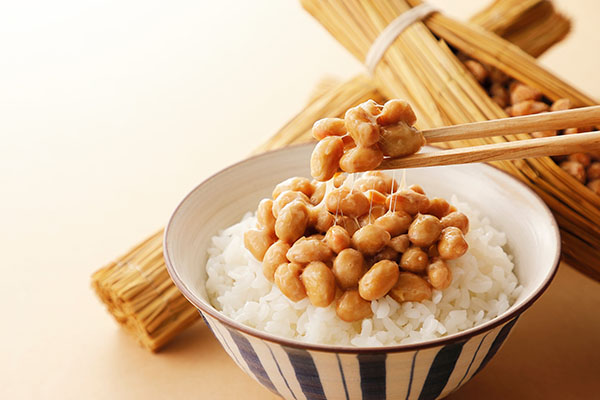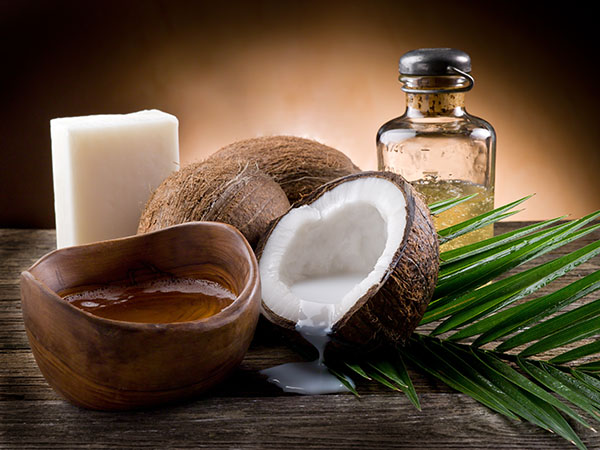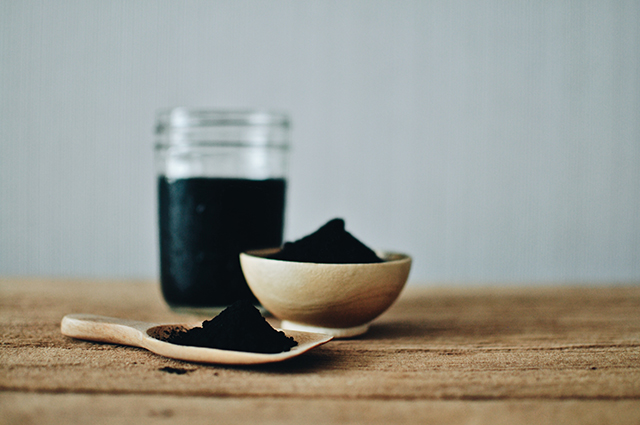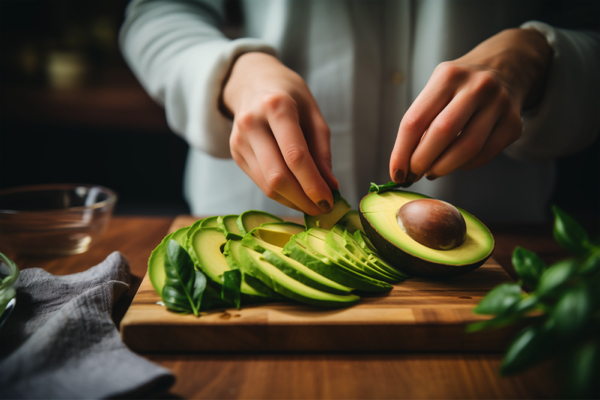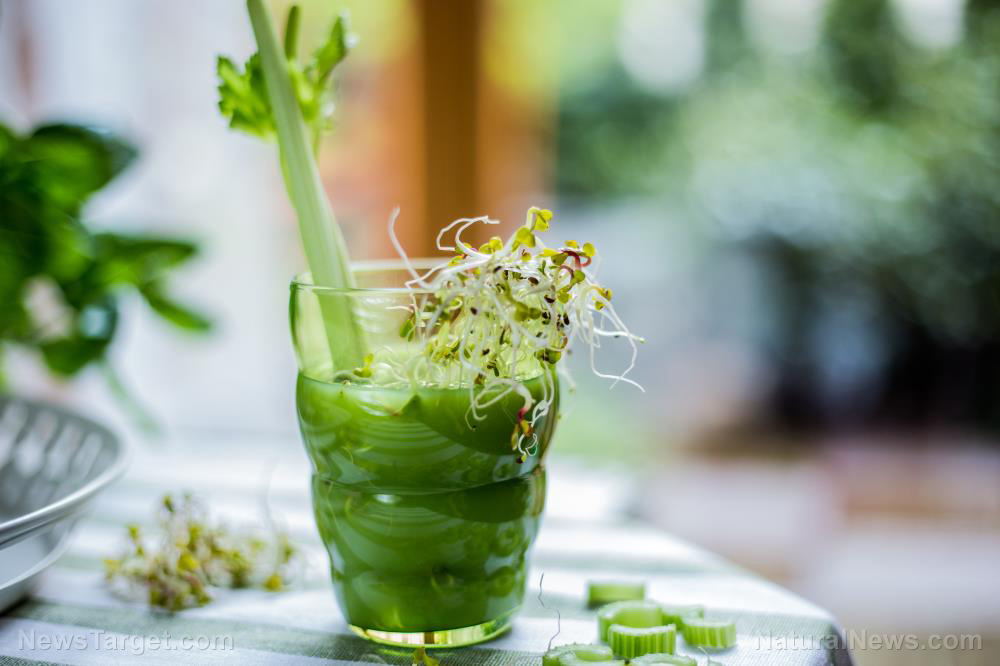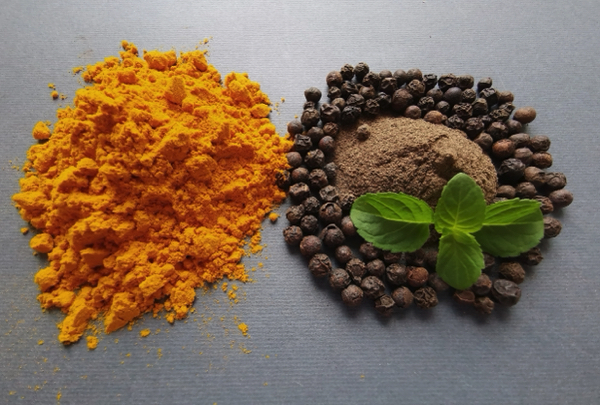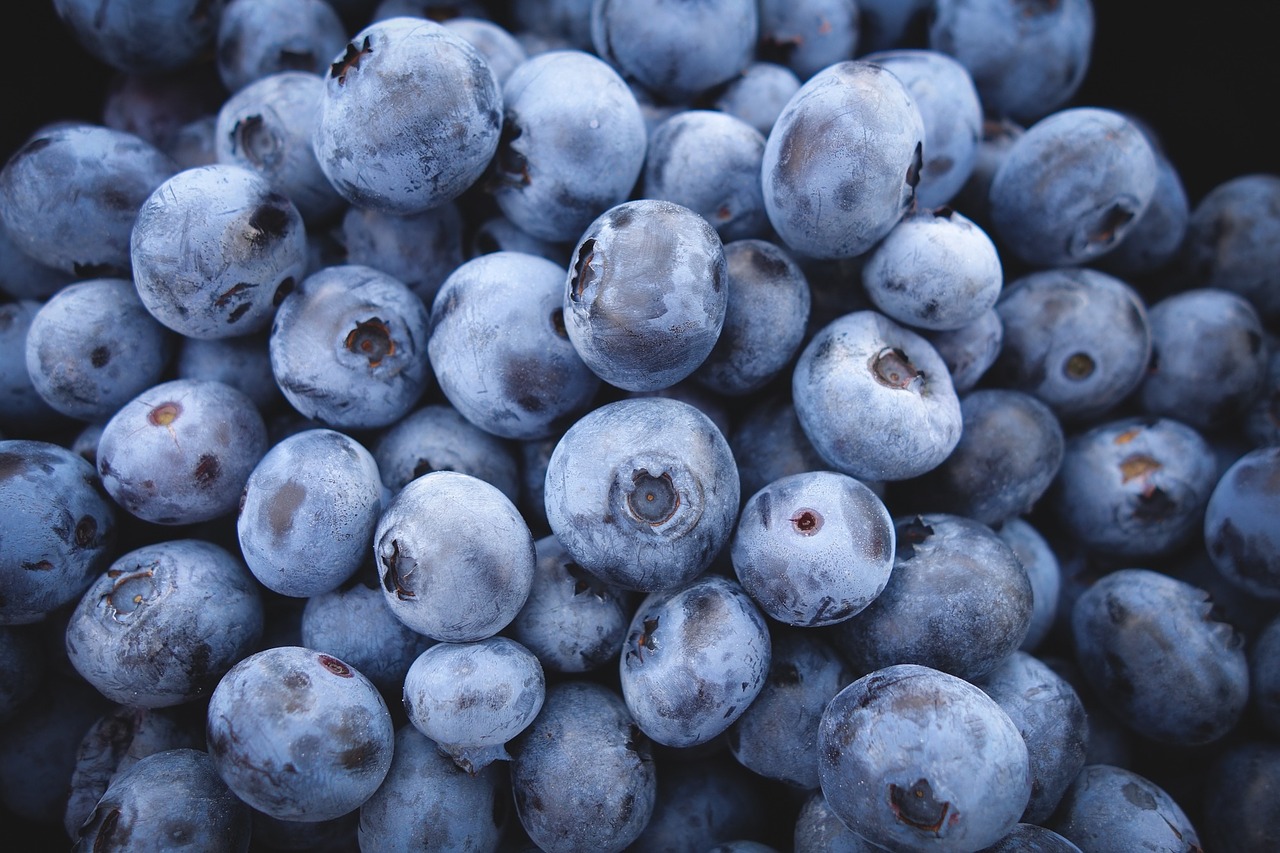6 Effective ways to REDUCE INSULIN RESISTANCE without resorting to pharmaceutical medications
06/27/2024 / By Olivia Cook

According to registered dietitian Ryan Raman, insulin sensitivity is crucial for your body’s ability to use glucose for energy. This energy will be tapped for bodily functions and stored in your muscles and liver (as glycogen) for future use.
In a piece for Healthline, he outlined some ways to help improve your insulin sensitivity (how responsive your cells are to insulin) and reduce insulin resistance (when your cells stop responding to insulin) naturally. These steps can also help lower your risk of developing diabetes and other diseases.
Get more sleep
A good night’s sleep is important for your health and it’s just as important as eating a balanced, nutritious diet and exercising. A study involving nine healthy volunteers, published in the Journal of Clinical Endocrinology and Metabolism, found that getting just four hours of sleep at night reduced insulin sensitivity and the ability to regulate blood sugar, compared with getting about eight hours of sleep. (Related: The importance of sleep in diabetes prevention.)
Exercise regularly
Several studies attest to the power of exercise in reducing insulin resistance. One study published in the International Journal of Sports Medicine reported that regular exercise helps move sugar into the muscles for storage and promotes an immediate increase in insulin sensitivity, which lasts from two to 48 hours, depending on the exercise.
Meanwhile, a study involving overweight men without diabetes published in the journal Casopis Lekaru Ceskych reported that when participants performed resistance training over a three-month period, their insulin sensitivity increased, independent of other factors like weight loss. According to researchers from the Federal University of Sao Paulo in Brazil, combining both aerobic and resistance training in a regular exercise routine appeared to be most effective at increasing insulin sensitivity.
Reduce stress
A study published in the journal Acta Physiologica Scandinavica indicates that chronic stress keeps your stress hormone levels high, stimulating nutrient breakdown and increasing blood sugar levels. Researchers explained that stress hormones also make the body more insulin resistant – preventing nutrients from being stored and making them more available in the bloodstream to be used for energy.
Research, including a study published in the American Journal of Psychiatry, suggests that activities like meditation, exercise and sleep are great ways to reduce stress naturally and deal with anxiety disorders – helping to increase insulin sensitivity.
Eat more soluble fiber
Several studies have associated high soluble fiber intake with increased insulin sensitivity. A study involving 264 women, published in the British Journal of Nutrition, found that those who ate more soluble fiber had significantly lower levels of insulin resistance.
Other research, including a study published in the journal Nutrients, reported that soluble fiber also helps feed the friendly bacteria in your gut, which have been linked to increased insulin sensitivity. Foods that are rich in soluble fiber include flaxseeds, legumes, oatmeal, vegetables (like Brussels sprouts) and fruits (like oranges).
Add more colorful fruit and vegetables to your diet
Many studies, including a study published in the American Journal of Physiology: Endocrinology and Metabolism, have found that eating a diet rich in plant compounds (including polyphenols) improves insulin resistance and ameliorates endothelial dysfunction (a type of coronary artery disease).
Cut down on carbs
Reducing your carbohydrate intake could help increase insulin sensitivity because high-carb diets cause spikes in blood sugar, which put more pressure on the pancreas to remove sugar from the blood, according to a study published in the journal Frontiers in Endocrinology.
Eating smaller portions of carbohydrates regularly throughout the day provides the body with less sugar at each meal, making insulin’s job easier. This is also supported by research showing that eating regularly benefits insulin sensitivity, including a study published in the European Journal of Clinical Nutrition.
The type of carbs you choose is equally important. Low-glycemic index carbs (including brown rice, quinoa, sweet potatoes and some varieties of oatmeal), are best since they slow the release of sugar into the blood, giving insulin more time to work efficiently as suggested in a study published in the Nutrition Journal.
Visit PreventDiabetes.news to know more about diabetes and how to prevent it.
Watch this video to learn about the best diet for weight loss and disease prevention.
This video is from the Apsmac channel on Brighteon.com.
More related stories:
A diet loaded with antioxidant rich foods improves insulin resistance.
Review looks at the efficacy of acupuncture in treating insulin resistance.
Foods, herbs and spices that help reverse insulin resistance.
Goka fruit can attenuate insulin resistance symptoms.
Sources include:
Submit a correction >>
Tagged Under:
alternative medicine, blood sugar, diabetes cure, diabetes science, fasting, food cures, food is medicine, food science, health science, healthy diet, insulin, insulin resistance, insulin sensitivity, natural cures, natural health, natural medicine, Prediabetes, prevent diabetes, remedies, research
This article may contain statements that reflect the opinion of the author
RECENT NEWS & ARTICLES
COPYRIGHT © 2017 NATURAL MEDICINE NEWS


